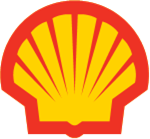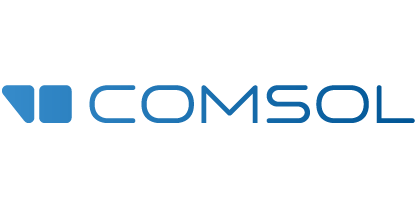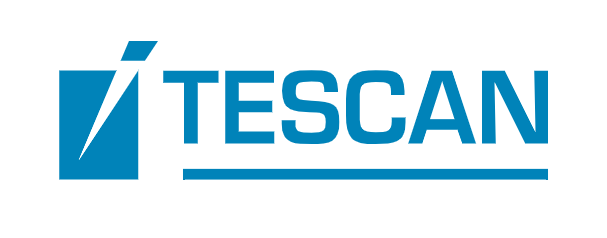Speaker
Description
The stimulation of crack growth in quartz and siliceous materials by hydraulic fluids or carbon dioxide (CO$_2$) injection remains an open issue when assessing the production of natural gas wells and long-term carbon storage. In this work, we employ reactive molecular dynamics (MD) simulations to study how the fluid environment (specifically, CO$_2$ or water) affects the mechanical properties of pre-cracked quartz grains. The thermodynamic conditions of interest are those relevant to subsurface reservoirs. Results from this study suggest that water and CO$_2$ substantially reduce the fracture toughness of quartz, thereby promoting crack growth and enhancing fluid transport in the subsurface. We report on how structural properties – bond length distribution and crack tip shape – evolve upon introduction of a fluid. These properties directly relate to macroscopic quantities of the global stress-strain curves, thus reaffirming the inherent coupling across multiple scales for fluid-solid interactions in the subsurface. Finally, the application of reactive MD simulations allows us to discuss the molecular processes that are causal for the observed chemo-mechanical processes at the continuum scale. The implications of this work may inform design principles for climate change mitigation technologies, including carbon sequestration, enhanced geothermal systems, and energy storage.
| Time Block Preference | Time Block C (18:00-21:00 CET) |
|---|---|
| Acceptance of Terms and Conditions | Click here to agree |






